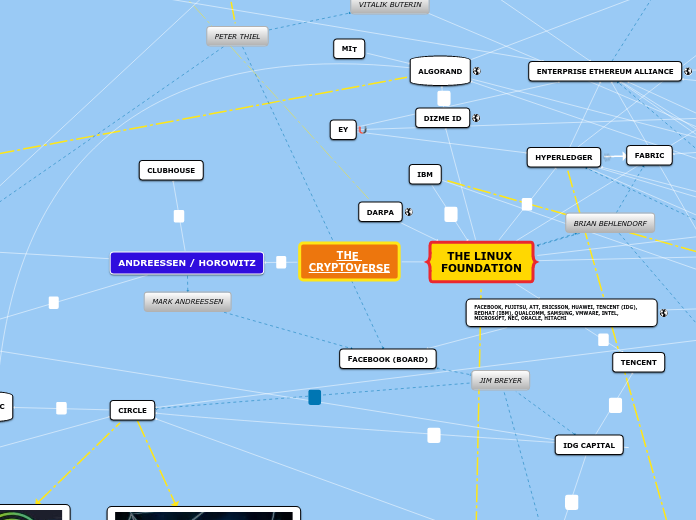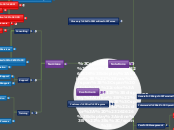How?
Data Brokers
Click the google link to a resource on data brokers and the selling of personal information. It's organized in a nice infographic.
These people collect information for public and private records
Using the internet, computers, phones/phone companies/Etc
The NSA is reported to gather information regularly from sites such as Microsoft, Google, Yahoo, Pal Talk, YouTube, Skype, AOL and Apple.
Google receives many requests on information such as IP addresses, names, timestamps, of their users along with search history.
Governments can also 'self-authorize' themselves to get this information.
Privacy/Domestic Surveillance
Who?
CSEC (Communications Security Establishment Canada)
Businesses putting up internet ads
Activists
Regimes
Many countries
Governments
The NSA (National Surveillance Agency)
Subtopic
When?
Many of these domestic surveillance operations are wanted to be kept secret so it is unknown when they started but it is known that they are doing it currently.
The NSA started domestic surveillance in June 2013
Where
Everywhere.
With technology everywhere these days it is easy to tap into it and steal information through companies, internet, service providers, etc.
The 'Five-eyes' get around the issue of their countries not allowing domestic serveillance by having other people from other countries swap information with them about each others citizens.
NSA-194 Countries
Canada, Britain, New Zealand, Australia, are the four countries that the NSA were not authorized to 'spy' on.
Why?
Why do it?
Security, people want to know things and prevent them before it happens.
Since 911 the NSA has put in place actions to prevent terrorist attacks and actions.
Why is it an issue?
Hague says if you have nothing to hide it shouldn't be an issue for you and is nothing to worry about.
Many are worried about keeping their information safe, even if you have no skeletons in your closet some information you might not want others to know.
Examples
Abused or mistreated people looking for help, if the person mistreating them found this out it would not go well...
People wanting help with physiological conditions or are simply seeking out help for certain conditions.
teenagers researching abortion and prevention, they probably don't want people to know this especially if they're in a religion or group that does not look kindly on this.
This is also an issue because it's the governments that are doing this (Along with many others). The governments should be protecting privacy instead of violating it.
There are movements and actions being done to stop and protect us but it is still happening and governments are still participating in this.
This is an issue because the human rights give you a right to your privacy which this is a clear violation of.
What?
Domestic surveillance is not just limited to internet history but also covers bugging phones (Recording calls, call histories) and hidden cameras.
This action seems reasonable when used against criminals but is also used against others with clean criminal records.
The NSA (The group with the most information I have about) says they only observe actual risks such as people trying to get in touch with terrorist or buying drugs online but they also stated that they can watch almost anyone. There is a watch list though and many things and searches can get you on it.
Searching for secure internet and computer protections such as TAILS and hot spot shields could land you on the list, they claim applications such as TAILS are used by extremists and people who want to cover up illegal or suspicious things.
Domestic survielence is the surveillance/observation and gathering information of people.
'People' could mean anybody, including you. Websites and browsers are known to sell your information to ad companies to specifically target you with ads based on your history and information.









